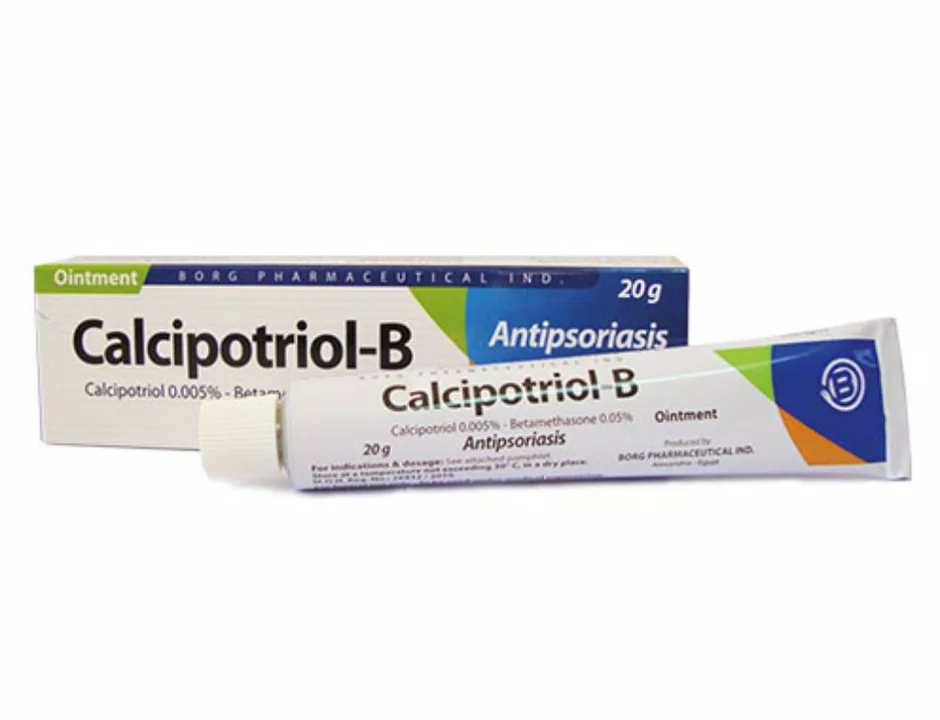Off-Label Uses: What It Means and What You Should Ask
Off-label use means a doctor prescribes a medicine for a condition, dose, or age group that the drug’s official label doesn’t list. It’s common and legal in many countries, but that doesn’t automatically make every off-label choice safe or proven. You deserve clear reasons, real evidence, and a plan for checking if it works or causes harm.
How doctors decide to prescribe off-label
Clinicians rely on different types of evidence: strong randomized trials, smaller studies, clinical guidelines, or long experience in practice. For example, gabapentin is FDA-approved for seizures and postherpetic neuralgia but is often used off-label for other nerve pain conditions. A doctor might choose an off-label option when approved treatments failed or when research shows a likely benefit.
Regulators don’t stop doctors from prescribing off-label, but drug makers can’t promote those uses. That’s why you might see promising small studies but no official label change. Insurance coverage may be trickier for off-label indications, so cost and access are practical things to check too.
Questions to ask your prescriber
Before you agree to an off-label medicine, ask: Why do you recommend this now? What evidence supports it? What are the specific benefits and likely timeline? What side effects or risks should I watch for? Are there safer or approved alternatives? How will we measure success and when will we stop?
Get specifics. Ask about typical starting dose, how quickly the dose may change, and whether the drug interacts with other meds you take. If you’re pregnant, nursing, or trying to get pregnant, mention that right away—some drugs have very different safety profiles in pregnancy.
If the prescriber points to research, ask for the study type and size. A single case report is not the same as a well-run clinical trial. If the evidence is thin, a second opinion makes sense.
Practical safety tips: start low, go slow, and set a clear follow-up plan. Keep a symptom diary so you and your doctor can see if the medicine helps. If you buy pills online, stick to reputable pharmacies and avoid sites that pressure you to skip prescriptions.
Know common off-label examples so you’re prepared. Some drugs like antidepressants, antiepileptics, and certain antihistamines are often used off-label for pain, sleep, or other conditions. That’s fine when a doctor explains why and monitors you closely.
Finally, trust your instincts. If something feels rushed or unclear, ask for a written plan, research references, or another opinion. Off-label can be a useful tool when used carefully. Your safety depends on clear reasons, good evidence, and ongoing checks—don’t accept less.
Exploring the Off-Label Uses of Calcipotriol
As a blogger, I recently dove into the fascinating world of off-label uses for Calcipotriol, a synthetic vitamin D3 derivative mainly used to treat psoriasis. I discovered that researchers are investigating its potential applications in treating other skin conditions, such as vitiligo and atopic dermatitis. Additionally, studies are exploring its possible role in cancer therapy, specifically targeting tumor growth and metastasis. I was amazed to learn that Calcipotriol might even have a positive impact on bone health, as it could help regulate calcium levels in our bodies. Overall, I'm excited to follow the developments in this area, and I hope to share more insights with you all soon.

